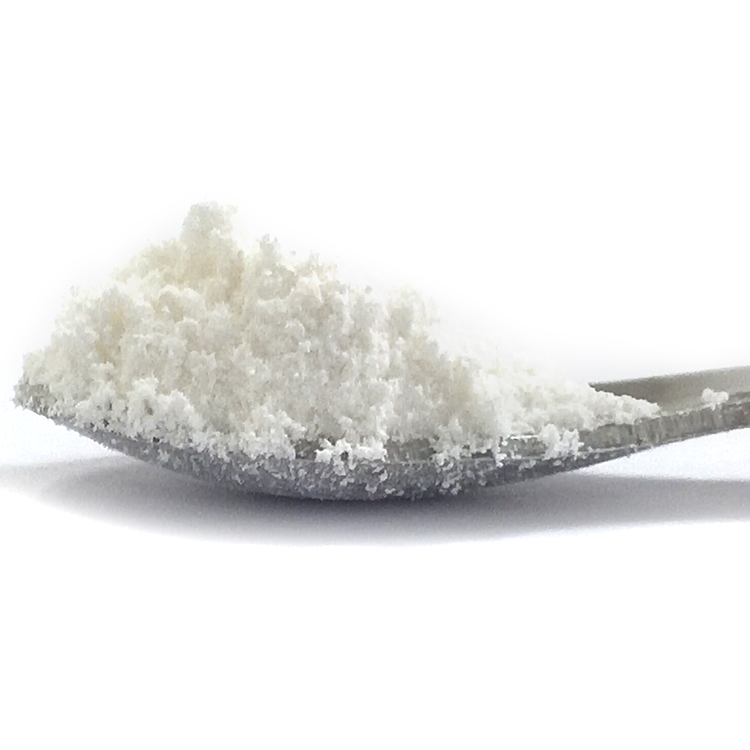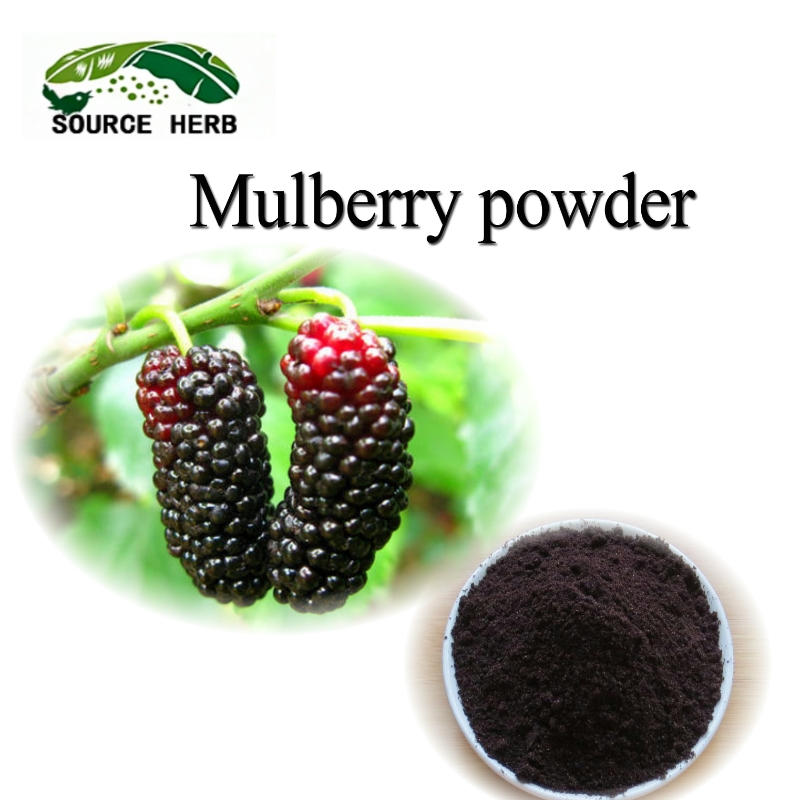Uncovertheory secrets of everyday foods
-
Last Update: 2020-05-13
-
Source: Internet
-
Author: User
Search more information of high quality chemicals, good prices and reliable suppliers, visit
www.echemi.com
milk cancer, strawberry cancer, instant noodles cancer.. Every once in a while, similar rumors jump out and stir up nerves that people are alst tight These foods we often eat are branded "carcinogenic", and some people are "more credible and do not want to believe it". the "food cancer" argument is varied, which foods in the end have a basis for cancer? What are their "carcinogenic levels"? In this regard, "Life Times" invited the National Food Safety Risk Assessment Center Risk Exchange Department Associate Researcher Zhong Kai, for you to open the fog. carcinogens divided into 4 grades carcinogens refer to the "bad substances" that induce cancer in humans, and its scope includes any chemical, physical and life, working methods that can increase the risk of cancer in humans. 1965, the International Agency for Research on Cancer (IARC) began work to identify carcinogens and annually published updated information on carcinogens, eventually classifying carcinogens into four levels, many of which are food-related. level 1 tobacco, alcoholic beverages, aflatoxin, betel nut, Chinese salted fish and other carcinogens clearly carcinogenic. people may feel that smoking and drinking in their lives are not a big problem, but the accumulation of time can become the "cause" of cancer. Aflatoxin is mainly found in moldy nuts, rice and corn, etc , eat these foods must pay attention to clean and store properly. In addition, if drinking alcohol, men should not exceed one or two a day, women should not exceed 0.5 two. Level 2 acrylamide, lead, 4-methylmedin and other high-risk carcinogens. Such substances have been shown to have a clear carcinogenic effect in animal experiments, but the evidence in population studies is limited. If life often use high-temperature fried, high-temperature oil smoke cooking food, exposure to acrylamide is relatively large, should try to avoid (Another category is a class 2B carcinogen, which is a less likely carcinogen, and the likelihood is insufficient in animals and populations.) Level 3 Sudanese red, cholesterol, caffeine, melamine, saccharin and other carcinogens that are not yet classified. The evidence of carcinogenic cancer in animal and population studies of this substance is insufficient, or animal experimental evidence is sufficient, but population studies are clearly not carcinogenic. Of course, this does not mean that these foods can be eaten without the amount, as they are not carcinogenic but can pose other health risks. There is also a level 4 of the carcinogens, which means that there is insufficient evidence in the relevant studies that they are carcinogenic and that there are fewer substances in food that fall into this category. "Four levels of carcinogens, 'injury' in the diet can not be generalized, " Zhong Kai said, 1 and 2A carcinogens to try to avoid, 2B carcinogens need not be excessive tension, for level 3 and 4 carcinogens, even more do not worry, because the current study did not find that they can cause cancer. Cancer-causing food misunderstanding Now, food safety problems, ordinary people for cancer-causing food can be said to be "talk about cancer color change." Many people even see that a food causecancer, the food is put on a "black list" and no longer eat. Zhong Kai said, people do not really need to panic about this, there is a risk of cancer does not mean that there must be cancer. First, "dose" determines toxicity, carcinogens in food, and takes a long process to "poison" the body For example, eating a rotten peanut, it is not possible to get liver cancer immediately, but if fried food, barbecue every day to eat, a long time will inevitably lead to the body "fire", which is likely to be hooked with cancer; For example, rumors of "milk cancer", "with rice cause stomach cancer", "microwave food cancer" and so on, these are caused by scientific errors The cause of cancer is caused by genetic inheritance, poor lifestyle and other factors, can not simply be attributed to a carcinogen. Anti-cancer diet pattern: "one two three two" Although it is said that eating certain cancer-causing specific food does not exist, but improper eating habits do increase the risk of cancer, which is more worthy of our attention. Relevant research shows that 30% of cancer is caused by improper diet, common: vegetables and fruits eat less, cooking methods are not scientific, eating methods are unreasonable, high-fat food eat more, and so on, and these will increase the risk of rectal cancer, stomach cancer, lung cancer and so on. Zhong Kai recommended that the anti-cancer diet should be "one foot, two not, three less and two adhere to." One full amount refers to the daily intake of sufficient amount of vegetables and fruits, eat enough 25 kinds of food, as much as possible to eat whole grains and beans;
This article is an English version of an article which is originally in the Chinese language on echemi.com and is provided for information purposes only.
This website makes no representation or warranty of any kind, either expressed or implied, as to the accuracy, completeness ownership or reliability of
the article or any translations thereof. If you have any concerns or complaints relating to the article, please send an email, providing a detailed
description of the concern or complaint, to
service@echemi.com. A staff member will contact you within 5 working days. Once verified, infringing content
will be removed immediately.







